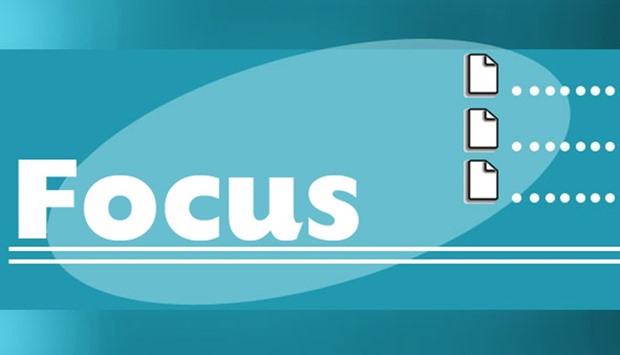One of the world’s largest buyers of liquefied natural gas is considering diverting cargoes originally planned for domestic use in Japan to help the fuel’s biggest producer develop demand centres as the industry explores new ways to absorb a global oversupply.
Jera Co signed an agreement last month with Qatar’s Nebras Power to invest in overseas power plants. The Tokyo-based company sees options to jointly supply LNG with Qatargas to these facilities, including potentially diverting cargoes it receives from the state-owned producer, said Hiroki Sato, a senior executive vice president with Jera.
“If you invest in a project together there are no winners or losers – just partners,” Sato said in a December 2 interview in Tokyo. “By increasing partnerships, we are developing the entire industry.”
Producers are taking stakes in downstream assets like pipelines and power plants to secure demand in an industry where Northern Asian spot LNG prices have fallen more than 60% from a peak in February 2014 amid a glut. French energy giant Total has invested in regasification terminals and may invest in an independent power plant, chief executive officer Patrick Pouyanne said in April.
LNG sellers will benefit by allowing buyers more flexibility to resell cargoes because it will make the market more efficient and stimulate demand, Jera chairman Hendrik Gordenker said in a December 1 interview. Japan’s Fair Trade Commission is investigating whether supply contract clauses that restrict resales violate competition laws.
By 2020, between 10% to 20% of Jera’s roughly 40mn-tonne portfolio of LNG will have little or no destination restrictions, Sato said. The company has stakes in power plants in the US, Thailand and Oman, according to its website.
Jera, a joint venture between Tokyo Electric Power Co Holdings and Chubu Electric Power Co, is one of the world’s largest buyers of LNG and Qatar is the largest producer of the super-cooled fuel. Nebras Power is the international investment unit of Qatar Electricity & Water Co, which owns most of the country’s power and desalination plants.
Qatargas didn’t respond to an e-mailed request for comment.
Japan is expected to have an LNG surplus by the end of the decade and companies are seeking to find customers for excess cargoes. Forty of the country’s 42 operable reactors that were shut for safety checks following the March 2011 Fukushima disaster remain offline and uncertainty over their restarts has clouded the country’s fuel supply forecasts. The deal with Nebras Power isn’t Jera’s only tie-up to offload excess fuel. The company signed an agreement earlier this year with Electricite de France to sell as much as 1.5mn metric tonnes of LNG between June 2018 and December 2020. Jera plans to more than triple its overseas power generation capacity to about 20,000MW by fiscal year 2030 from about 6,000MW now. Japan’s LNG consumption is expected to fall to 72mn tonnes in 2020 and 62mn tonnes in 2030, compared with 85mn tonnes in 2015, according to data compiled by the government and the International Energy Agency.

FOCUS
